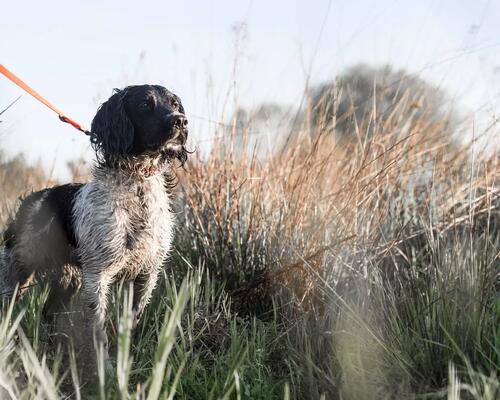Training your puppy: when should you start?
In fact, you'll be taking over from its mother, who has already started the job to some extent. As soon as it arrives at home, at the age of approximately two months, you will be able to teach it what it has the right to do or not to do, to set limits on its actions and behaviour. Daily training will enable your puppy to quickly assimilate what you expect of it. Be careful, at two months, your puppy is still very young. You should only expect it to do things that it is capable of assimilating. You must also admit that the puppy is going to make mistakes, that it will try out various things. You should not always punish your puppy, but rather show it the correct actions and behaviour it should adopt. Patience is often needed. You have to show your puppy the right behaviour, the right way to do things, several times.







